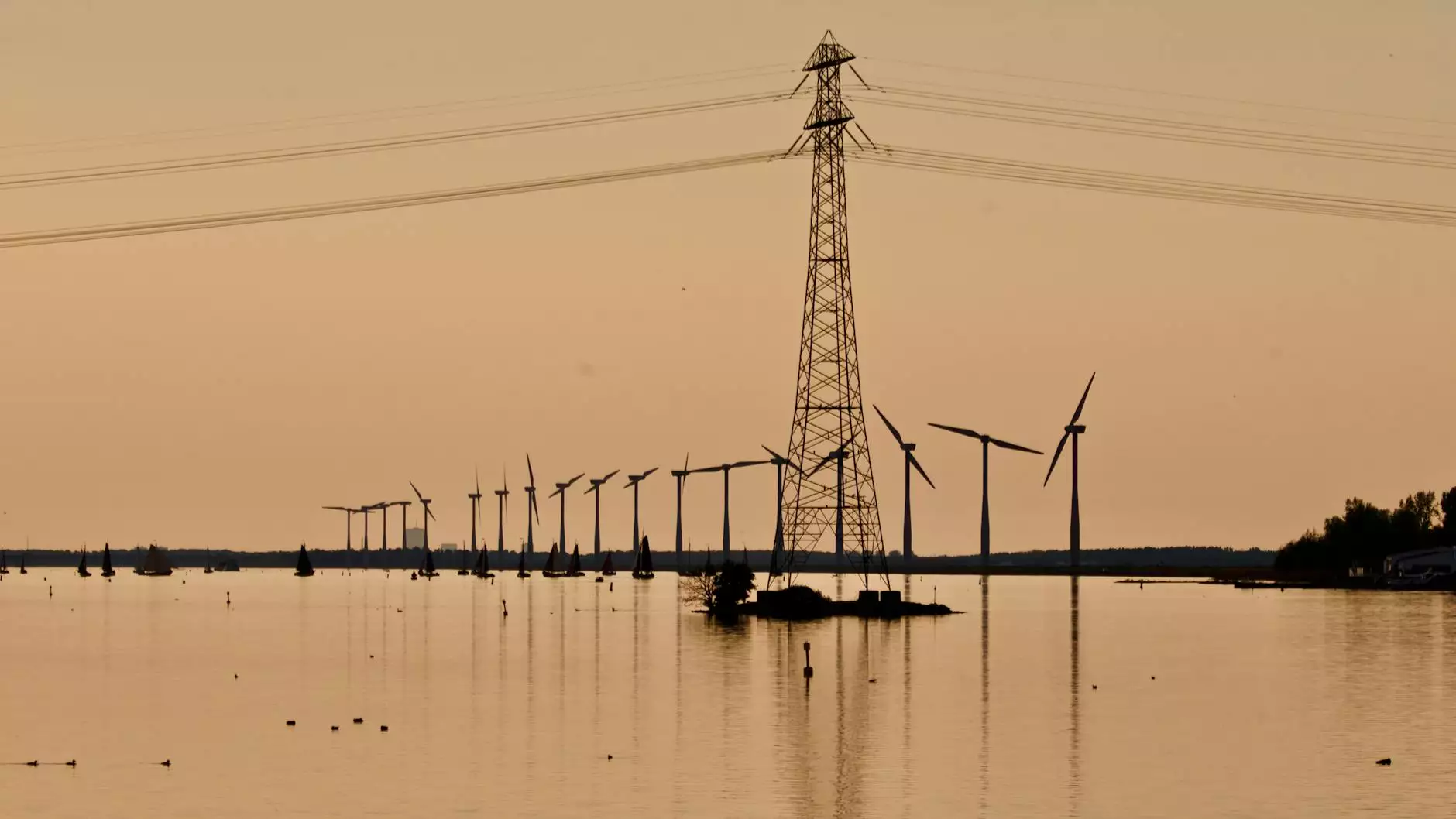Eco-Friendly Heating Systems: A Sustainable Future for Your Home

In today's world, the demand for eco-friendly heating systems is at an all-time high. With climate change becoming a pressing issue, homeowners and businesses alike are seeking sustainable alternatives to conventional heating methods. This article delves into the advantages, types, and considerations of eco-friendly heating systems, providing you with invaluable insights to make an informed decision for your heating needs.
What Are Eco-Friendly Heating Systems?
Eco-friendly heating systems refer to the technologies and methods used to heat spaces in an environmentally friendly manner. These systems prioritize energy efficiency, utilize renewable sources, and aim to minimize the carbon footprint associated with traditional heating methods. Understanding these systems is crucial as we navigate a world increasingly focused on environmental sustainability.
Benefits of Eco-Friendly Heating Systems
Switching to eco-friendly heating systems offers numerous benefits for the environment and your wallet. Here are some of the key advantages:
- Reduced Carbon Emissions: Utilizing renewable energy sources significantly lowers greenhouse gas emissions.
- Lower Energy Bills: Eco-friendly heating systems are often more energy-efficient, resulting in reduced utility costs.
- Increased Home Value: Environmentally friendly features can enhance the value of your home and appeal to environmentally conscious buyers.
- Health Benefits: Improved indoor air quality and reduced allergens can lead to a healthier living environment.
- Government Incentives: Many regions offer tax credits and rebates for installing eco-friendly systems, making the transition more affordable.
Types of Eco-Friendly Heating Systems
There are several types of eco-friendly heating systems that homeowners can consider. Here, we present the most popular and effective options:
1. Solar Heating Systems
Solar heating systems harness energy from the sun to heat water and spaces. These systems can be divided into two main types:
- Active Solar Heating: Utilizes solar collectors and pumps to distribute heat.
- Passive Solar Heating: Involves design elements that naturally capture and retain solar heat, such as large windows and thermal mass.\
Both types can significantly reduce energy costs and reliance on fossil fuels.
2. Geothermal Heating Systems
Geothermal heating systems use the Earth's stable temperature below the surface to heat and cool homes. This method employs a series of underground pipes to exchange heat. The benefits include:
- *High Energy Efficiency*
- *Low Operating Costs*
- *Minimal Environmental Impact*
3. Biomass Heating Systems
These systems burn organic materials like wood pellets, chips, or logs to generate heat. Biomass is considered carbon-neutral because the CO2 emitted during combustion is offset by the CO2 absorbed by the plants during their growth. Advantages include:
- Utilization of Renewable Resources
- Decreased Dependence on Fossil Fuels
4. Electric Heat Pumps
Electric heat pumps transfer heat from one place to another, providing both heating and cooling. They operate efficiently in moderate climates and can be an excellent eco-friendly option. Key benefits include:
- High Efficiency Ratings
- Utilization of Renewable Energy Sources when powered by green electricity
Factors to Consider When Choosing an Eco-Friendly Heating System
When selecting an eco-friendly heating system, several factors come into play. Understanding these will help you choose the best option for your specific needs:
1. Climate
Your local climate affects the effectiveness of certain heating systems. For instance, heat pumps are particularly effective in moderate climates but may struggle in extremely cold temperatures.
2. Initial Investment vs. Long-Term Savings
While eco-friendly heating systems often require a higher upfront investment, they can lead to significant long-term savings on energy bills. It's essential to weigh initial costs against potential savings over time.
3. Space Availability
Some systems, like geothermal heating, require ample space for installation, while others may need specific architectural features, such as south-facing windows for solar systems.
4. Local Incentives
Research any local, state, or federal incentives available for installing eco-friendly heating systems. These can significantly reduce the overall cost of installation.
5. Maintenance Requirements
Understand the maintenance needs of each system. Some might require regular servicing, while others are relatively low-maintenance.
How to Install Eco-Friendly Heating Systems
Installing an eco-friendly heating system is a critical step towards creating a sustainable home. Here’s a general guide to the installation process:
- Assessment: Evaluate your home’s specific heating needs and determine which eco-friendly system best fits based on the factors discussed.
- Consultation: Engage with a qualified HVAC professional who specializes in eco-friendly systems to gain insights and recommendations.
- Review Local Codes: Ensure compliance with local building codes and regulations.
- Installation: Schedule the installation with your chosen professional, who will handle all technical aspects.
- Testing: After installation, the system should be thoroughly tested to ensure it operates efficiently and meets your home’s heating requirements.
Maintaining Eco-Friendly Heating Systems
Like conventional heating systems, maintaining eco-friendly heating systems is crucial for optimal performance and longevity. Here are some maintenance tips:
- Regular Inspections: Schedule annual assessments with professionals to check for issues.
- Clean Components: Keep components, like filters, clean to ensure efficiency.
- Monitor Energy Usage: Track your energy bills to detect unusual spikes that might indicate an issue.
Conclusion
Adopting eco-friendly heating systems is not only a sustainable choice but also a financially wise investment. As technology advances, these systems become increasingly efficient and accessible. By selecting the right heating solution for your home, you can enjoy a comfortable living environment while contributing positively to the planet.
For more information on choosing and installing eco-friendly systems, visit Regraves HVAC, your trusted partner in home services, heating, air conditioning, and air duct cleaning.
eco friendly heating systems








